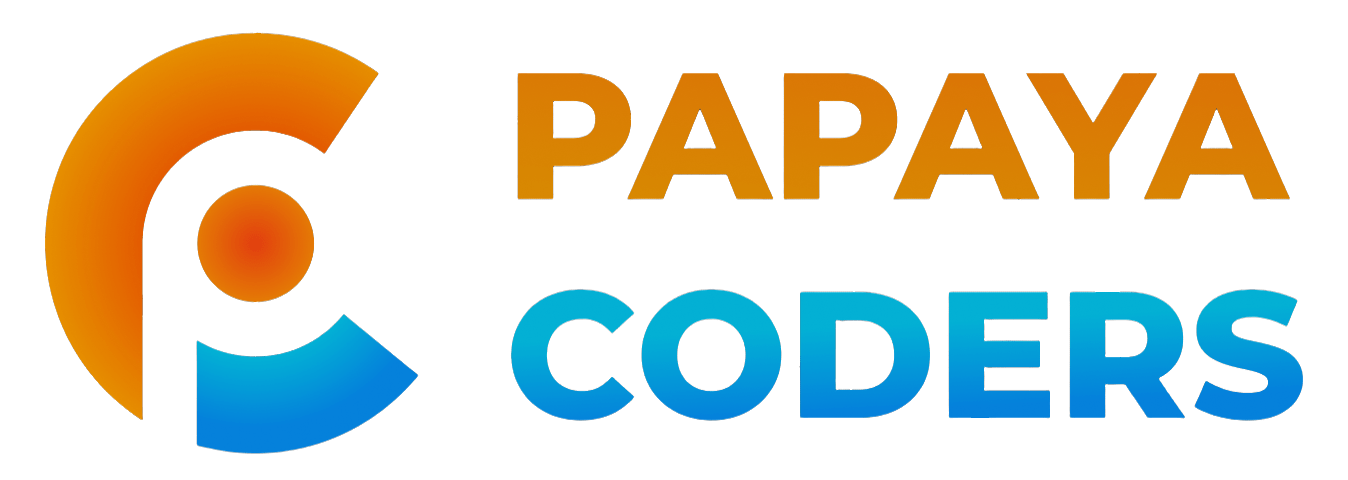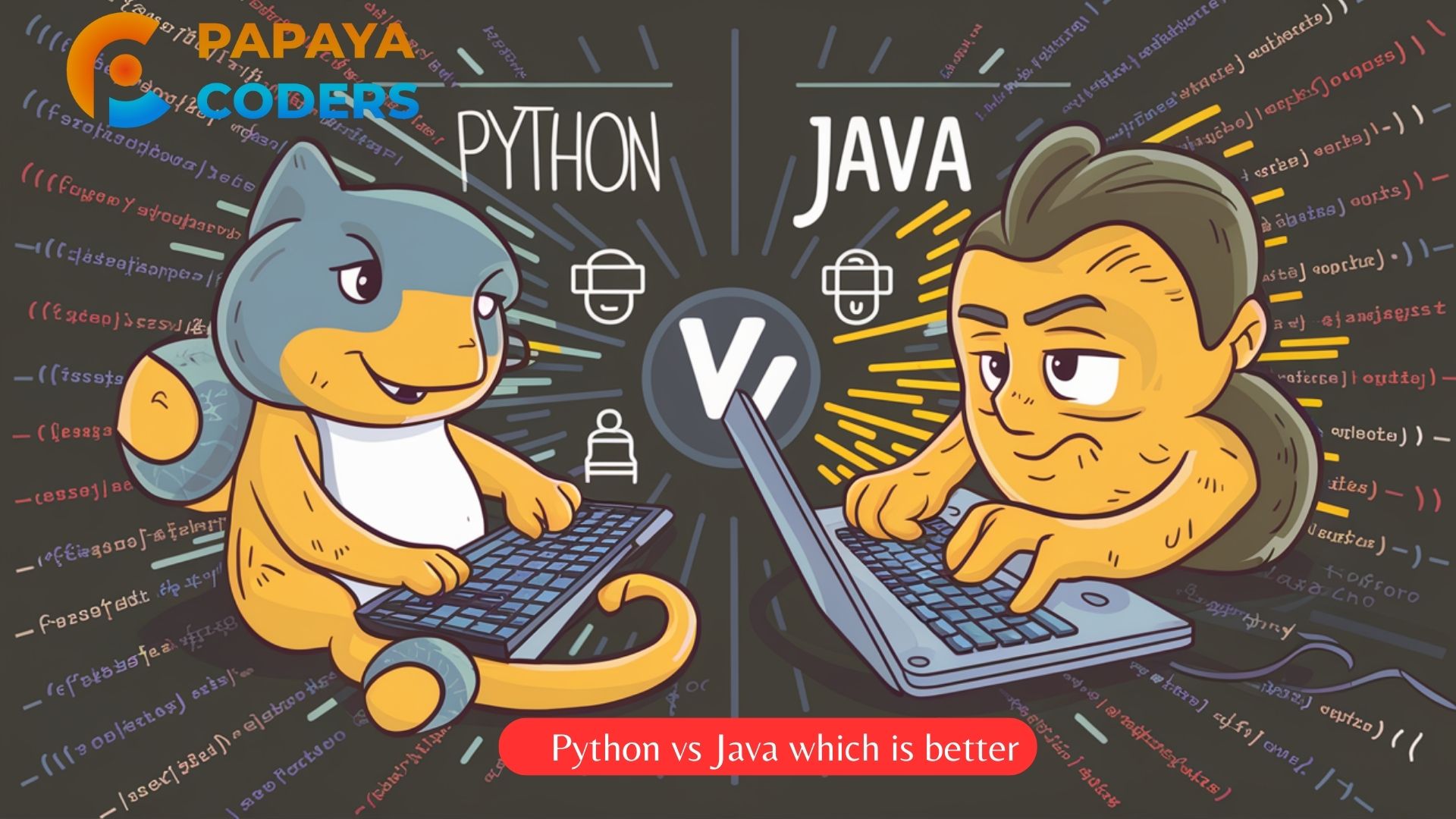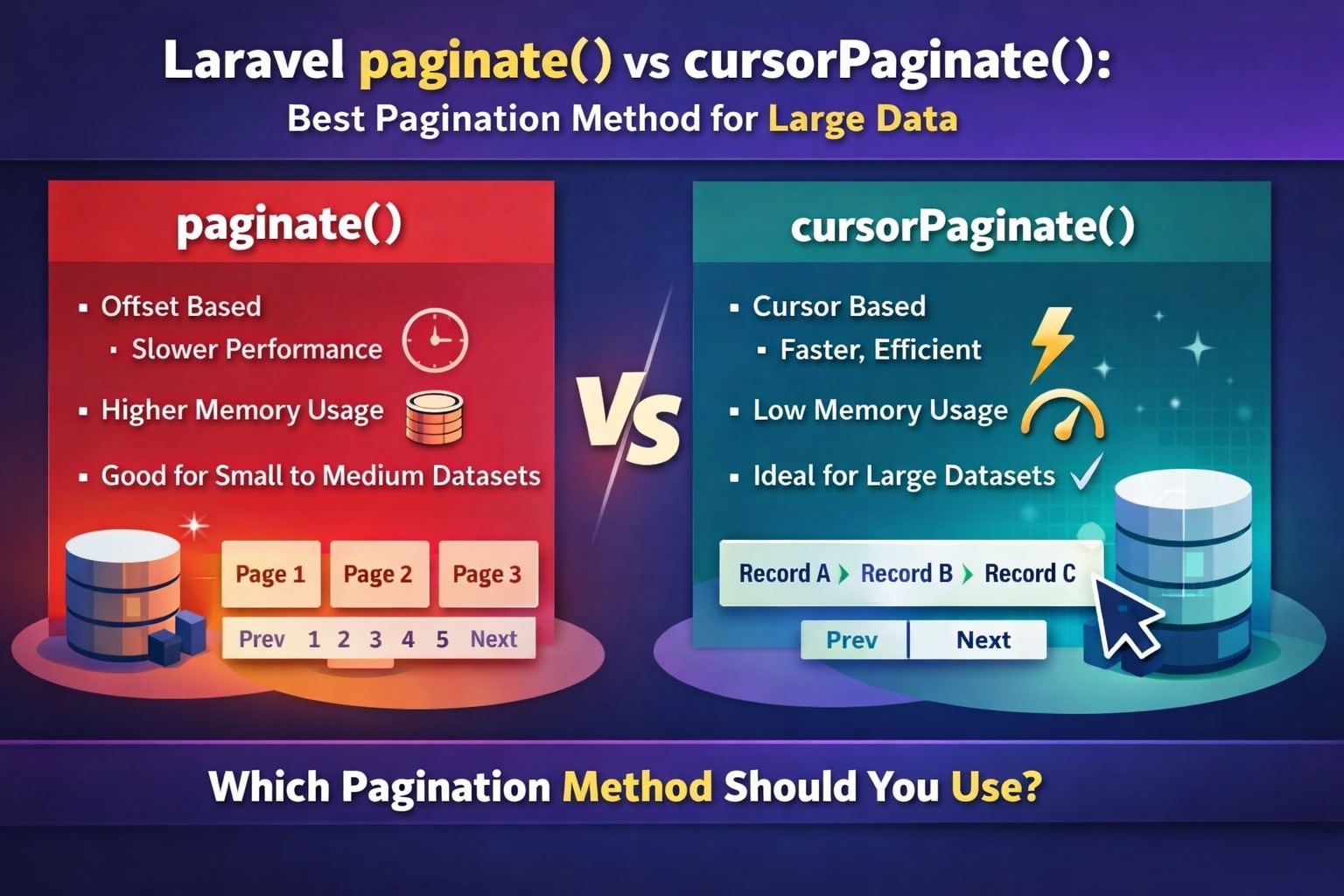The two programming languages you will most likely hear of during your programming career are Python vs Java which is better: Which One Reigns Supreme? These two have been in the game for years, and such heavyweights continue to rule in the tech arena.
But how would you choose the one that is better for you? Is it easy to say “Python?” or does “Java” have the upper hand in some situations? Let’s compare and see if it helps you decide which is right for you.
Python vs Java
Python vs Java, covering the most important aspects along with information on which is better and which offers more salary:
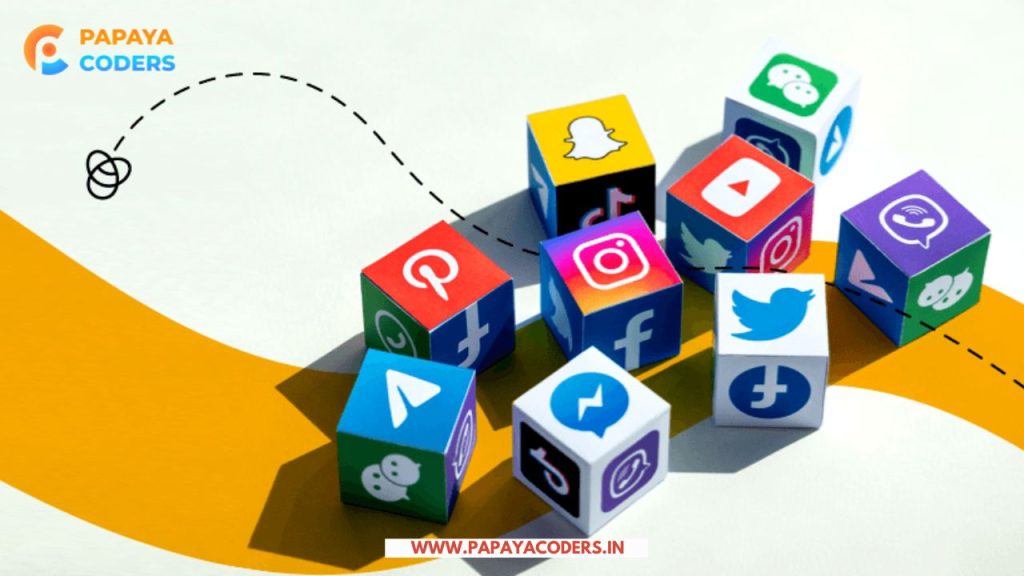
| Criteria | Python | Java |
|---|---|---|
| Syntax | Simple, easy to read and write. Less verbose. | More complex with strict syntax rules. |
| Performance | Slower due to dynamic typing and interpretation. | Faster due to compiled bytecode and static typing. |
| Ease of Learning | Easier for beginners due to simplicity. | Moderate learning curve with detailed structure. |
| Use Cases | Web development, Data Science, AI, Automation. | Enterprise applications, Android development. |
| Popularity | Highly popular for AI, ML, and web apps. | Popular for large-scale enterprise applications. |
| Community Support | Extensive support with numerous libraries. | Strong community with a rich set of tools. |
| Typing | Dynamically typed (less strict). | Statically typed (more strict and safer). |
| Execution | Interpreted (line by line execution). | Compiled to bytecode and executed on JVM. |
| Development Speed | Faster development due to concise code. | Slower due to verbose syntax and compilation. |
| Job Opportunities | High demand in AI, Data Science, Web Dev. | High demand in Enterprise and Android Dev. |
| Salary (on average) | Slightly lower than Java. | Slightly higher due to enterprise demand. |
Why Python?
In the last ten years, we have seen a tremendous surge in the popularity of Python. For someone who is just scratching the surface of programming, Python is probably the most beginner-friendly programming language. Why is that? Well, the syntax is clean, readable, and straightforward. This is, in a way, the English of programming languages.
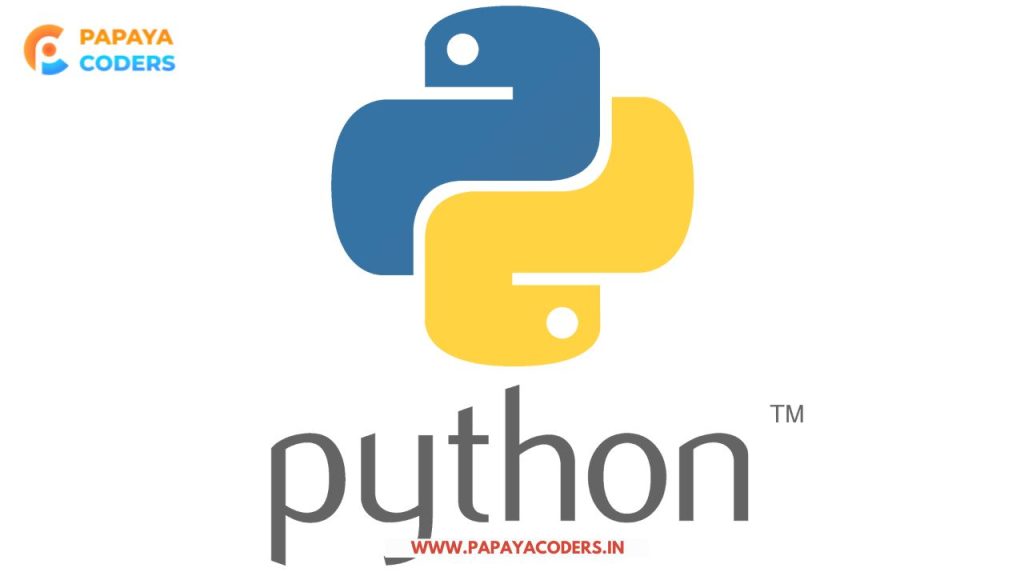
Easy to Learn and Use
Being designed primarily with an emphasis on readability and simple implementation is the hallmark of Python. These qualities make the language amenable to newcomers who needn’t worry about rigid syntactical rules; consider the examples wherein Python is engaging and friendly as it knows no semicolons and few curly braces, unlike many other languages. Instead, one writes code almost like someone speaking simple English.
Versatility
Python is used by more than just the initiates. They can now employ Python for data science, machine learning, web development, and artificial intelligence. Big names such as Google and NASA have Python for their projects. Hence, it doesn’t matter which project you’re working on- a website, data analysis, or robotics- Python will be there for you.
Wide Range of Libraries
Various libraries and frameworks exist in the Python ecosystem, which will smoothen your development process. There are innumerable possibilities, from web frameworks like Django to data science tools like Pandas and NumPy. It is similar to a toolbox of tools available at any time.
Quick Development Time
Python lends itself to simple syntax and a vast array of libraries, and it is generally faster to build an application than C++. You can prototype rather quickly and modify it as you go, so Python is the most sought-after choice for startups and others interested in quickly getting their products on the market.
Why Java?
Conversely, Java has been around longer and is synonymous with stability and performance. It has become the primary option for large enterprise-type applications. But don’t worry; Java has other uses.
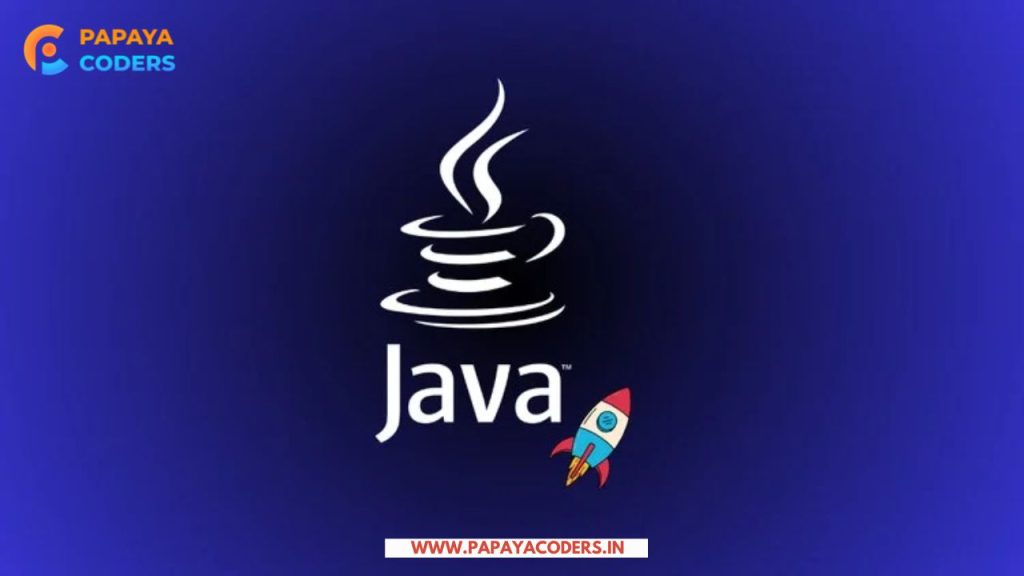
Strong Performance
Java is known as a statically typed language, which means any variable must be defined before being used. This seems unpleasant, but if relaxed, Java’s performance would be adversely affected. It is executed by the Java Virtual Machine (JVM), which further optimizes the execution of the code for speed and efficiency.
Reliability and Scalability
Scalability and reliability are the hallmarks of Java and make it one of the first choices for large-sized enterprise applications. Think about banking systems, e-commerce platforms, and high-traffic sites. It is also great for building entirely Android mobile apps. Java guarantees that your application works well even in the most extensive load because of its firm multi-threading and robust error handling.
Java has built its foundations in reliability and scalability with enterprise applications. How about being an exemplary banking system, marketplace, or even a site with heavy traffic? However, when it comes to Android mobile applications, Java is a great choice. Because of its strong multi-threading and comprehensive error-handling features, your application is guaranteed to run steadily, even under heavy loads.
Strong Typing and Object-Oriented
Java, an object-oriented programming language, is helpful in programming with just one single function to write complex codes. Each tangible or intangible data element can be represented as an object, making it even easier to model real-world scenarios.
In addition, Java’s strong typing system can prevent typical programming errors. In Java, the compiler checks at declaration whether the data types match whereupon the variables are declared, which means that it seems less likely that you would run into trouble later.
Security Features
Java, an object-oriented programming language, is helpful in programming with just one single function to write complex codes. Each tangible or intangible data element can be represented as an object, making it even easier to model real-world scenarios.
In addition, Java’s strong typing system can prevent typical programming errors. In Java, the compiler checks at declaration whether the data types match whereupon the variables are declared, which means that it seems less likely that you would run into trouble later.
Read also:
- What is Widget in Flutter?? A Complete Guide!
- Restarting node Application in node JS: A Complete Guide!
Final Words: Python vs Java Which Is Better for You?
So, which path do you choose: Python vs Java? It all comes down to your goals.
If this is your first programming language and you wish to get started without too much delay in honing your skills, then Python is probably your best option. It’s a more straightforward language to learn, allowing you to spend more time-solving actual problems and less time dealing with the intricacies of syntax.
Java, however, may be your choice if you pursue a career in large-scale enterprise applications, Android development, or performance-critical systems. It is those aspects-powerful, reliable, and fit well in the quagmire of big, complex projects that justify its pick.
But whatever your choice, both these languages have huge communities, various resources available for your use, and innumerable opportunities for an able programmer to exploit. It doesn’t boil down to which language is better in some absolute sense but rather which one suits your goals.
